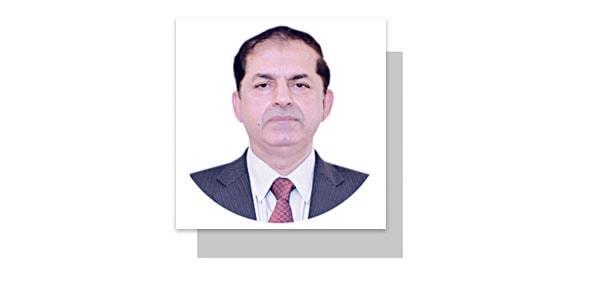It is my great pleasure to welcome you to the International Maritime Symposium 2024 at Bahria University Islamabad. This esteemed event brings together global experts, researchers, and policymakers to explore opportunities and challenges in advancing the Blue Economy through sustainable development.
The maritime sector is a cornerstone of global trade and national economies, but its long-term viability hinges on adopting sustainable practices that balance economic growth with environmental stewardship. Overexploitation of marine resources and unsustainable practices threaten ecosystems, making it imperative to embrace the Blue Economy; a framework aligned with the UN’s Sustainable Development Goals (SDGs). Specifically, SDG 14, “Life Below Water,” underscores the need to protect marine life and promote sustainable fishing to preserve ocean health.
Developing countries like Pakistan face unique challenges in fully adopting the Blue Economy, including limited capacity, technological gaps, and financial constraints. Weak governance and inadequate regulatory frameworks further hinder progress. To unlock the potential of the Blue Economy, Pakistan must implement comprehensive policies, enhance training, and invest in sustainable practices. This approach can boost economic growth, create jobs, and improve livelihoods while safeguarding marine ecosystems for future generations.
The International Maritime Symposium, organised by the National Institute of Maritime Affairs (NIMA), serves as a platform for maritime professionals, academics, and policymakers to discuss strategies for Pakistan’s maritime future. Insights from this symposium will inform policy decisions, fostering a thriving Blue Economy both nationally and globally.
As we look ahead, international collaboration is essential. By working together to develop shared standards and exchange best practices, we can promote sustainable maritime development.
I implore all stakeholders to actively participate in this important dialogue as we work to unlock our maritime potential for sustainable economic growth. Together, we can create a future where our oceans thrive in harmony with our economies. Thank you for your engagement and dedication to this essential mission.








